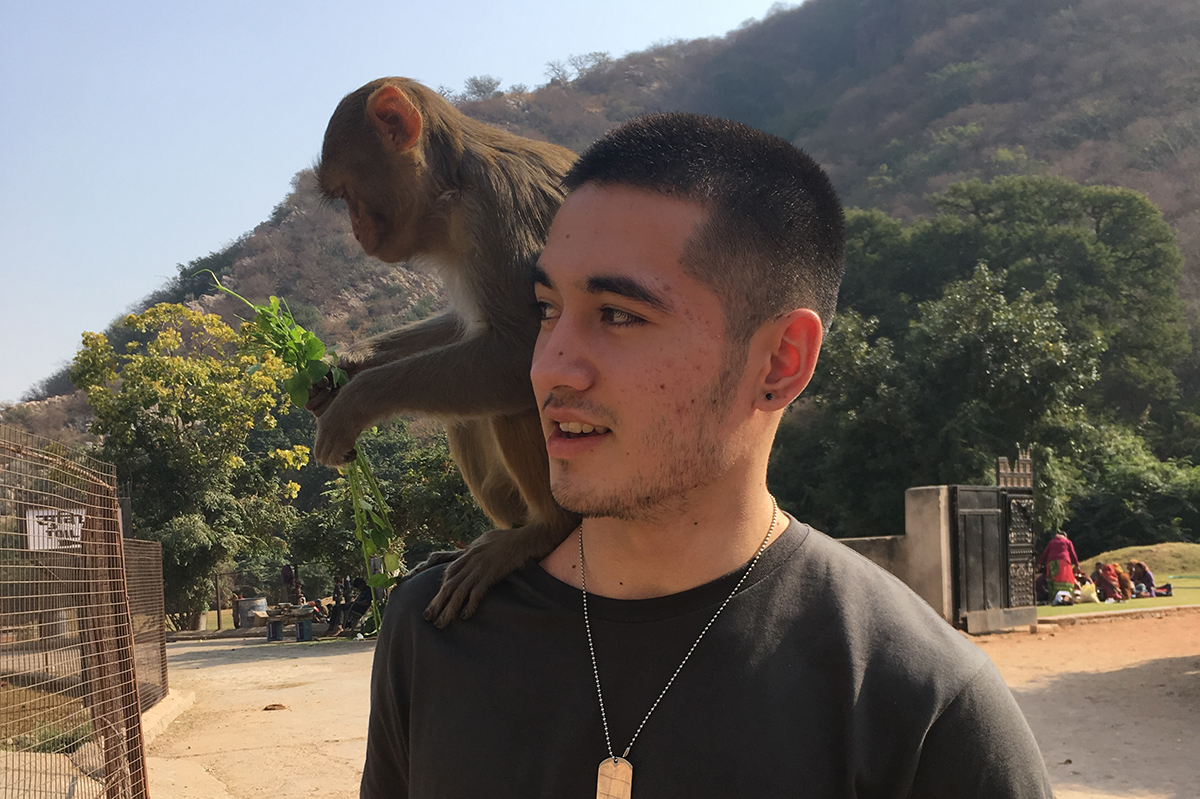Brian Zhao

In a meeting with his college counselor during the fall of his senior year, Brian Zhao ’18 realized that heading straight to higher education after graduation wasn’t the best path for him. “I’ve never been a traditional person,” Zhao says. “I thought, just take a risk and see how it goes.” So, the D.C.-area native returned home after graduating from the Academy and spent the next six months tutoring youth in prison and helping formerly incarcerated women navigate job and housing applications. Then he headed overseas for his first time ever and spent the rest of the year volunteering his way around four Asian countries. Zhao’s gap year experience was made possible by a Perrin Fellowship, endowed by James Perrin ’46 expressly for students who are interested in a “bridge” year. We spoke to Zhao, who had just returned stateside, to hear about the lessons he learned and how he plans to share them with others.

Q: Why did you decide to get involved with criminal justice during your gap year?
Some friends from home had been sent to alternative schools or were in and out of the justice system — I still visit one of my friends in prison. I thought of my time at Exeter like the main character in W.E.B. DuBois’ The Souls of Black Folk: I never viewed it as my education; it was our education, and I always wanted to bring it back. That was very important to me, my intention while volunteering with the Petey Greene Program and at Friends of Guest House was just to understand and listen. I’d sit on the bunks with the people I was tutoring, get to know them, give them confidence, listen to them. In my first two years at Exeter, I probably didn’t say a word, but I listened. There are people who have incredible life experience that I ought to be listening to and learning from.
Q: Why did you choose to travel abroad?
I wanted to learn about “voluntourism.” Why is there such desire for Instagram posts showing a white person surrounded by people of color in a rural area, but a picture of me in my local community is considered boring? I was also thinking how people go places and say, “This country is run-down” or “This country is so clean,” but they don’t ask how it got to that point. That inspired me to dive deeper into the ideas of colonialism, imperialism and empire. In India, I helped out in an orphanage; in the Philippines, I spent time in classrooms because I wanted to learn about pedagogy in different colonial empires. China has had bouts with imperialism and Western encroachment and Japan is an example of a settler colonial society.
Q: What’s next?
I’ve thought about writing some scholarly articles. Something is definitely going to come from this — not about how much I know, but about the world and what’s going on right now. I want to help people realize there’s another world outside of where we are.
Editor’s note: This article first appeared in the summer 2019 issue of The Exeter Bulletin.


